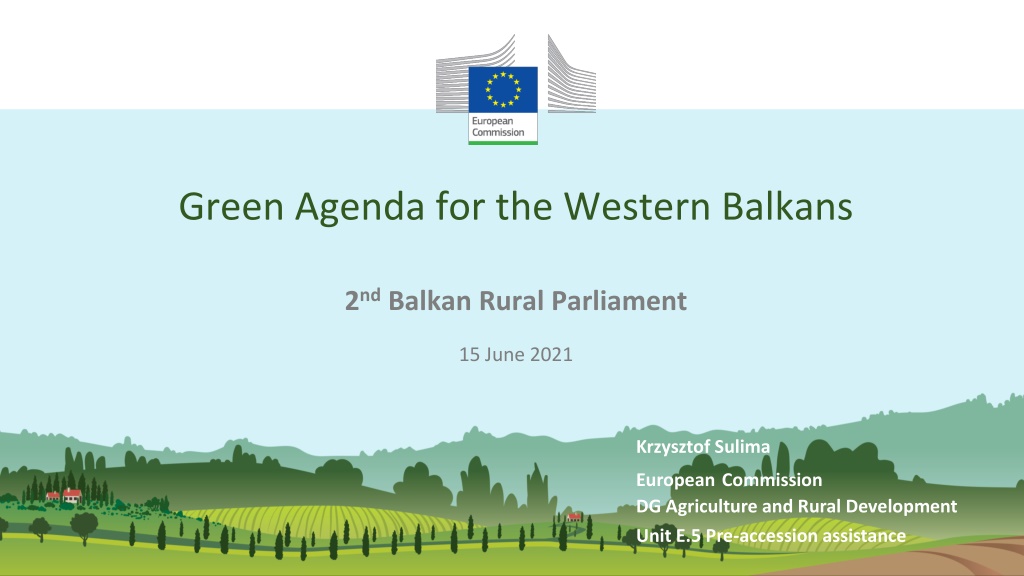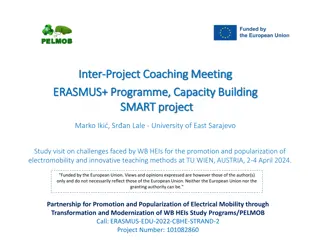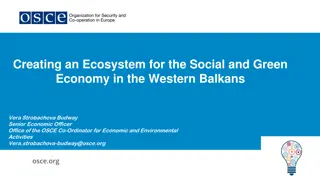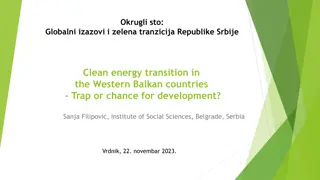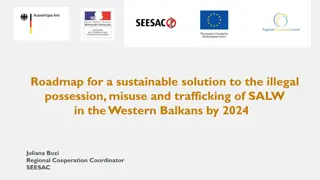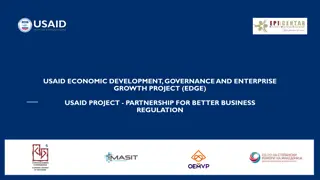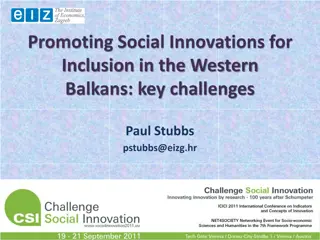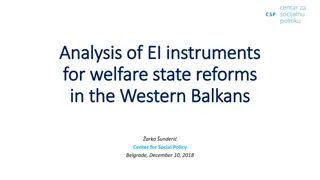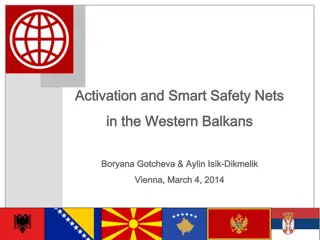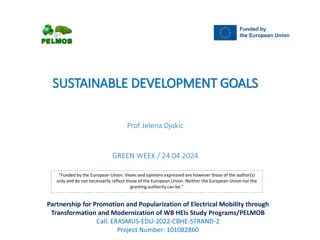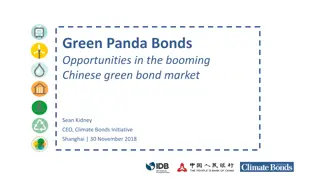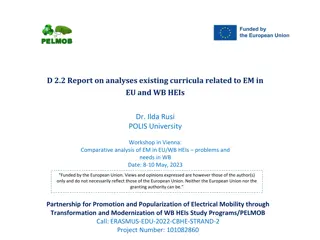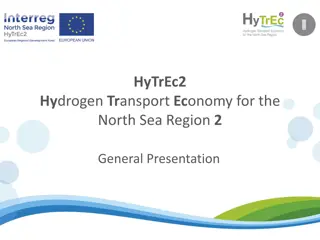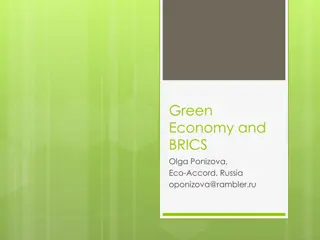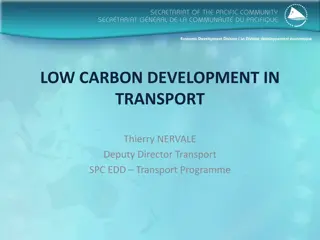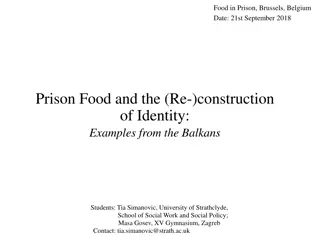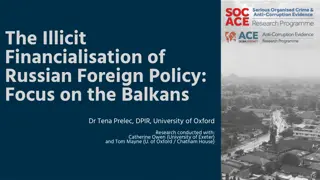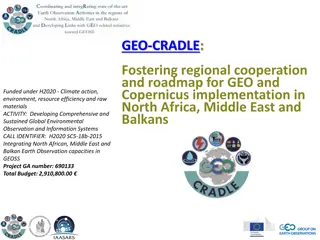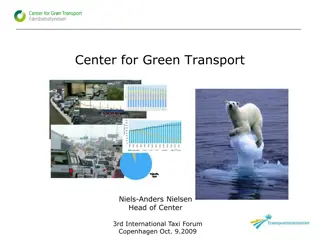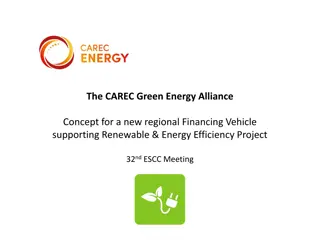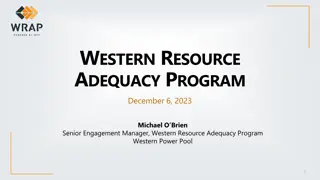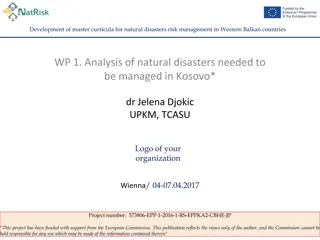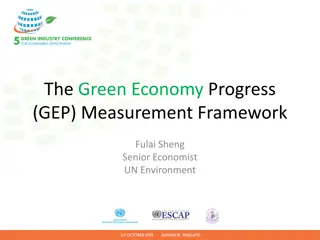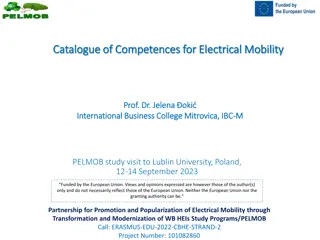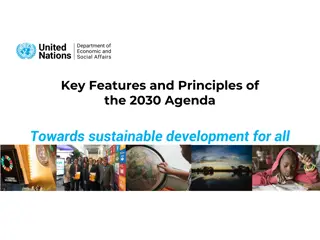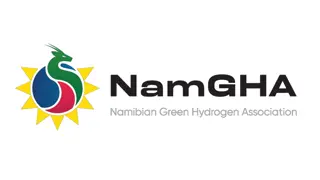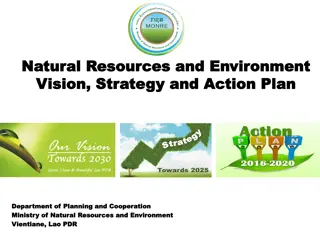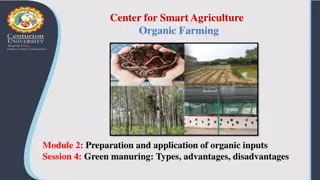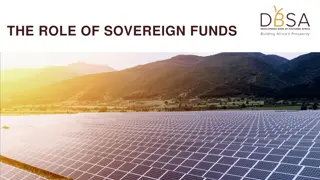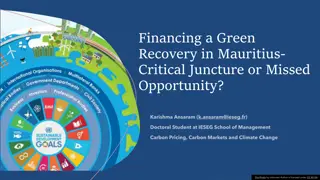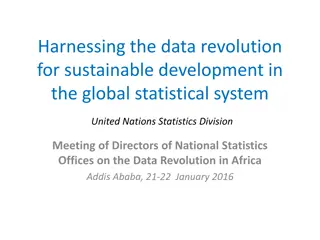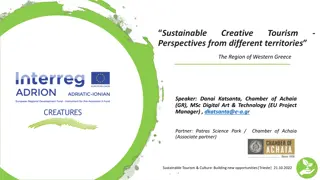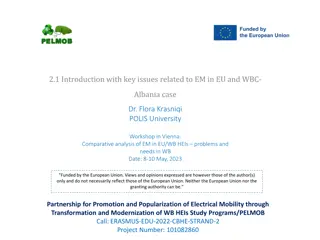Advancing the Green Agenda for Sustainable Development in the Western Balkans
The Green Agenda for the Western Balkans focuses on five pillars: a green oath, mobilizing research and innovation, the green and digital transition for economic growth, decarbonization for climate, energy, and mobility, and depollution of air, water, and soil. Additional key areas include circular economy, biodiversity, sustainable food systems, rural development, and digitalization as an enabler. Initiatives aim to reduce GHG emissions, promote climate adaptation, enhance biodiversity, improve food safety, and support sustainable rural areas.
Download Presentation

Please find below an Image/Link to download the presentation.
The content on the website is provided AS IS for your information and personal use only. It may not be sold, licensed, or shared on other websites without obtaining consent from the author. Download presentation by click this link. If you encounter any issues during the download, it is possible that the publisher has removed the file from their server.
E N D
Presentation Transcript
Green Agenda for the Western Balkans 2ndBalkan Rural Parliament 15 June 2021 Krzysztof Sulima EuropeanCommission DG Agriculture and Rural Development Unit E.5 Pre-accession assistance
The Green Agenda the five pillars A green oath: do no harm Mobilising research & innovation The twin grean and digital transition leadingto the sustainableeconomic growth Decarbonisation: climate, energy, mobility Depollution: air, water, soil The Green Agenda Circular economy Biodiversity Sustainable food systems and rural areas Digitalisation - a key enabler for the above five pillars
Decarbonisation & circular economy Decarbonisation Circular economy GHG emissions reduction & climate adaptation strategies Economic growth decoupled from resource use; Baseline for the WB emissions level and their sources; Diversified renewable energy sources & energy efficiency Maintaining resources in the economy for as long as possible Waste transformed into high-quality resources; Investing in waste management infrastructure & in public awareness 2
Depollution & Biodiversity Depollution Biodiversity Reducing air pollution including from agriculture; air quality strategies; Addressing pressures on water: quality (nitrates and pesticides) & water quantity; water legislation & waste and manure management; Responding to land degradation and soil erosion. Mainstreaming nature and biodiversity into other policies; aligning WB policies with the EU Biodiversity Strategy & strengthening regional cooperation; Encouraging an effective afforestation & forest restoration to improve sustainable forest management (CO2 absorption and the bioeconomy); Promoting nature-based solutions 2
Sustainable food systems and rural areas - main initiatives Aligning with EU standards Challenges Strengthening the sanitary controls to ensure food safety Promoting environmentally friendly and organic farming Supporting cooperation to facilitate transfer of innovative & environmentally friendly technologies Reducing waste in rural areas Implementing sustainable development of rural areas 2
Mechanisms of implementation Mainstreaming environment and climate in relevant policy areas & setting wide environmental governance framework Establishing a proper regulatory framework for waste management Reducing the chemical input by establishing the baseline situation and a reliable monitoring system Aligning national law with the EU legislation, incl. with EU acquis on organic production Strengthening institutions ensuring compliance with standards Developing farm advisory services & strengthening national regulatory efforts incl. on research, innovation Defining minimum standards for good agricultural and environmental condition of land Supporting short food supply chains and quality products & economic diversification Source of funding: IPARD but also other funds (donors) & national funds 2
IPARD 2021-2027 tools for Green Agenda Investments in agricultural holdings Forests establishment & protection Processing & marketing Agri- environment- climate & organic Training Setting up of producer groups 13 IPARD measures Advisory services LEADER Innovation Farm diversification & business development Technical Assistance Financial Instruments Rural public infrastructure
The role of IPA & IPARD in implementing Green Agenda IPA framework with specific windows addressing the implementation of the Green Agenda & encouraging development of renewable energy sources, shift to resource-efficient and sustainable low-carbon economies and environmental protection. Sustainable agriculture and food production as the centerpiece of IPARD programmes. - - - The implementation of the Green Agenda objectives provide numerous benefits: the health and wellbeing of the citizens, the region attractiveness for investments and tourism, the economic and job opportunities of the green growth and circular economy. 2
THANK YOU 12
